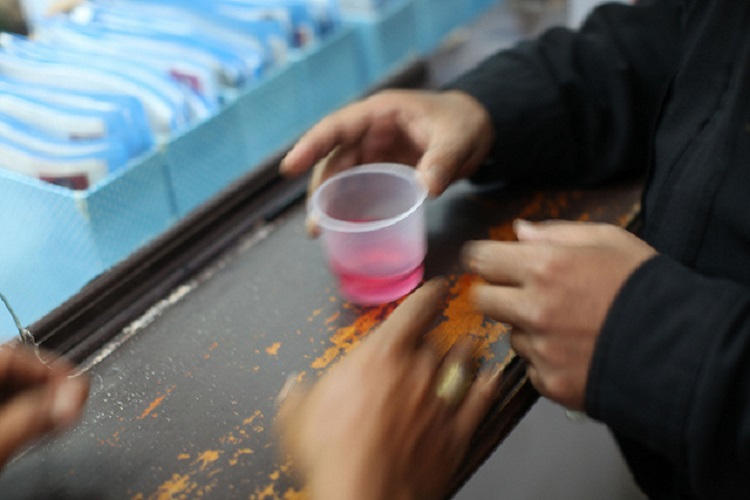The practice of prescribing small doses of opiate to be taken under supervision was designed to reduce drug related deaths, but evidence that it does this is limited. It is also expensive, and patients generally find it stigmatising and restrictive. Some patients may find the change in prescribing positive, but others may face difficulties taking their medication as prescribed. Face-to-face support has also been affected by the pandemic.
We urgently need to know how patients have experienced these changes and the pandemic more generally, to ensure they receive appropriate support. Addiction research is often conducted in cities. We cannot assume people living in rural areas have the same experiences. This project focuses on the experience of people living in rural areas who receive opiate substitutes.
This project is also known as What C-OST (Impact of the COVID-19 pandemic on people who receive opiate substitution therapy in rural areas). It is led by Dr Jenny Scott from the University of Bath and is a collaboration with Turning Point, a social enterprise providing Drug and Alcohol Support, NIHR ARC West and NIHR Health Protection Research Unit in Behavioural Science and Evaluation at the University of Bristol.

Project aims
We want to understand how people in rural areas who take opiate substitutes have experienced these changes to prescribing and consumption. Through telephone interviews, participants will share their experiences of drug use and services during the pandemic. We are also interviewing prescribing staff about their experiences and how the changes have affected their practice.
This study links with the Bristol-based LUCID-B study so we can compare findings.
Anticipated impacts
We’ll use our findings to explain how changes in drug services and prescribing have impacted on patients and staff. Will we share our results with policy makers to inform future drug treatment policy and pandemic response.
What we found and what this means
We are publishing interim reports of our findings:
Interim report 1 – November 2020 (PDF)
Research team
Lead collaborators: Jenny Scott (University of Bath); Jo Kesten, Hannah Family, Lindsey Hines (University of Bristol); Josie Millar (University of Bath).